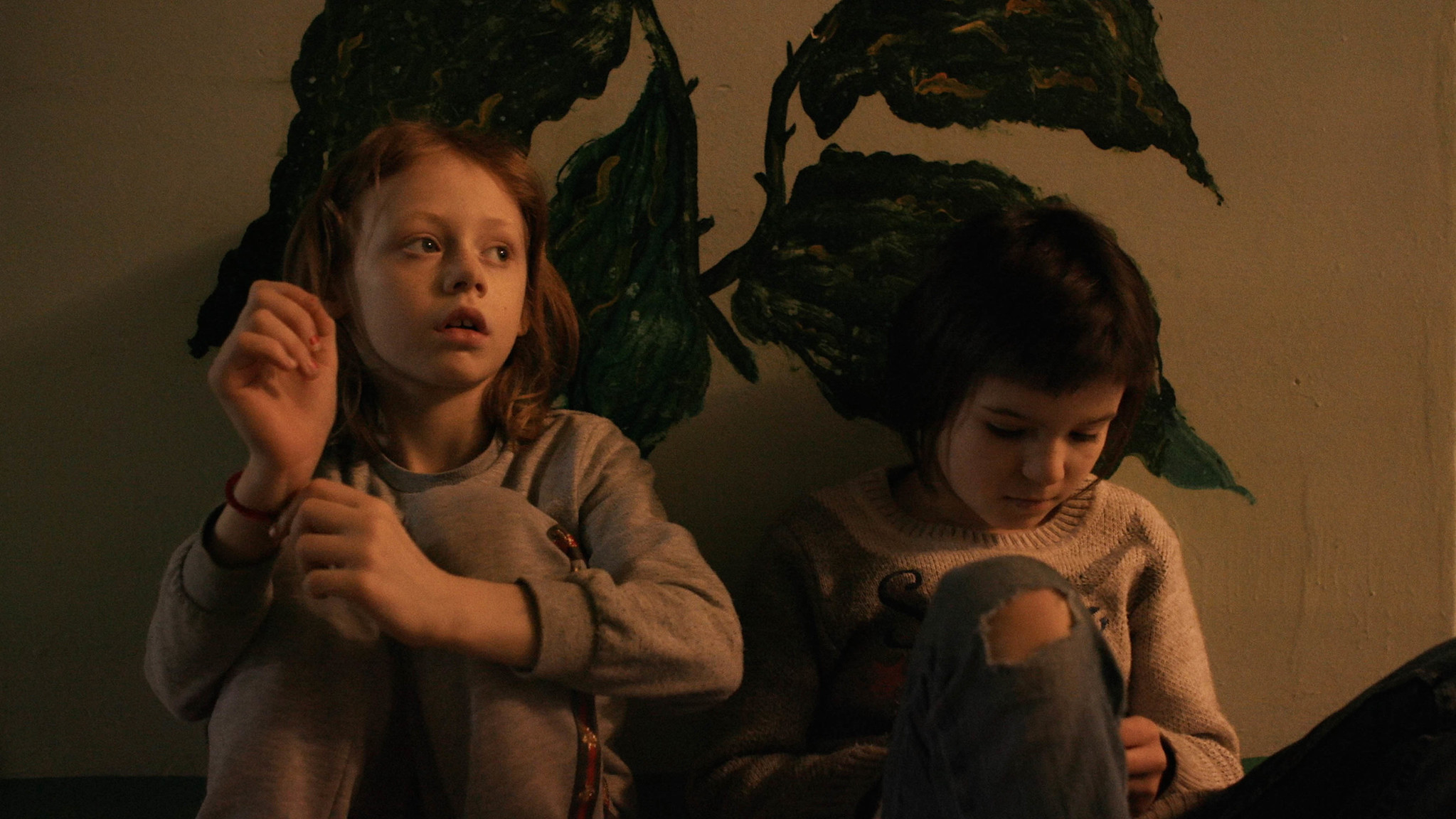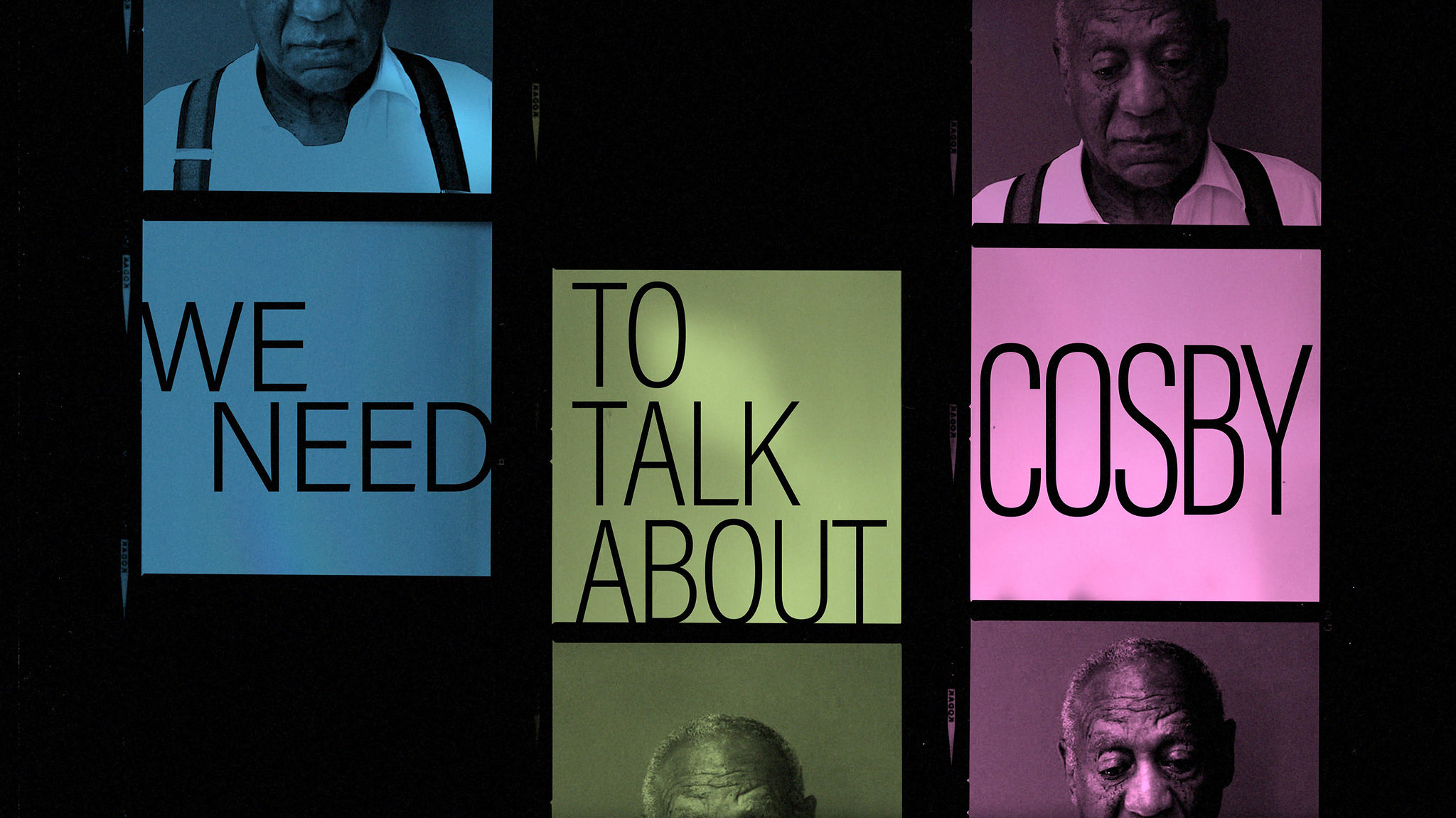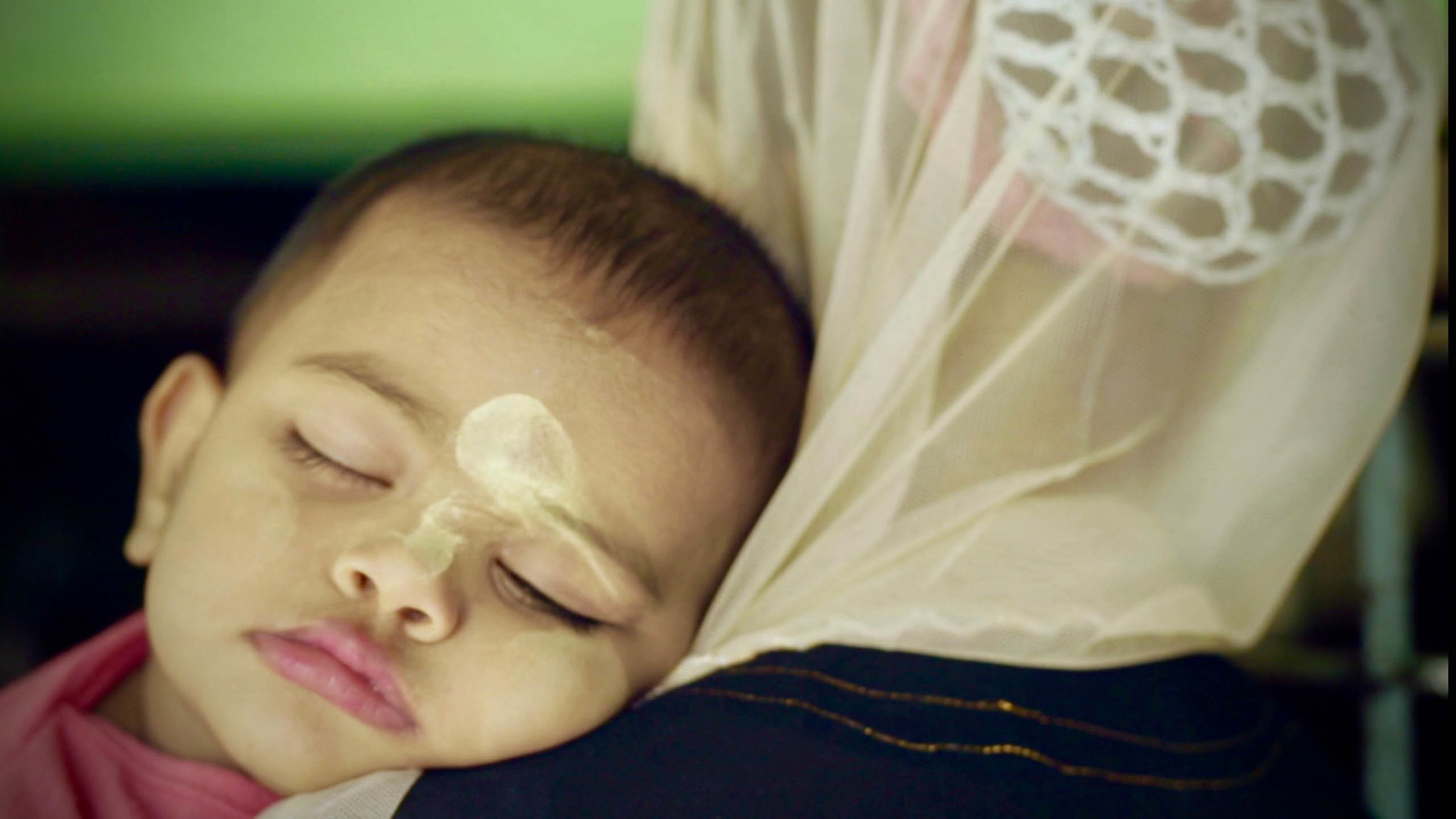A House Made of Splinters
(Denmark, 87 min.)
Dir. Simon Lereng Wilmont
Programme: World Cinema Documentary Competition (World Premiere)
Simon Lereng Wilmont offers a fine companion to his 2017 breakout The Distant Barking of Dogs with A House Made of Splinters. Both films observe the effects of war on Ukraine’s children. House, like Dogs, occupies a space near the frontlines as children fight battles of their own. Where the sounds of battle are omnipresent in Dogs, House enters the quiet shell-shocked hell of wartime limbo. Produced by Monica Hellström, whose Flee similarly considered the ripple effects of displacement, the disquieting observation power of Splinters asks how long the world can remain a silent witness to war.
A House Made of Splinters takes audiences to an unconventional orphanage. The children who reside there are fragments of families broken by Russia’s war on Ukraine. Their parents still live, but they can no longer care for them. The state therefore entrusts children to social workers who ready them for new homes in case going back is impossible.
A House Made of Splinters focuses on three children—Sasha, Eva, and Kolya—among many who pass through the home. Their stories are indicative of the hardships these kids face. Their parents bear signs of PTSD and can’t provide for them due to depression and alcoholism. Wilmont witnesses the daily habits that try to afford the kids a measure of stability. They learn, they play, they draw, and they fight. The spirit of youth somehow endures as the boys and girls team up, tease each other, and giggle about romance.
Heartbreaking, yet Humane
Amid the intermittent joy is hardship, though. Splinters captures painful conversations between the kids and their parents. A lone cellphone provides their only contact with moms and dads. Sasha, for example, has an intense call with her mother that reverses the familial roles. Other kids wait longingly for the phone to ring, or for their parents to pick up. These are sharp, painful glimpses at abandonment.
Kolya, meanwhile, struggles the most with his new life. A roguish ruffian, he’s a troublemaker through and through. However, the intimate glimpse that Wilmont provides merely shows a young boy coping. With limited guidance and fading hope, these kids risk being casualties of war. Wilmont similarly captures the devotionof the social workers who tend to the kids as if they’re their own. They, too, exhibit signs of loss and grief as children come and go.
Splinters furthers many of the considerations that Wilmont observed poetically in Dogs. Showcasing a similarly artful, yet respectfully humane approach to observational cinema, he finds the poetry in the home. The cinematography by Wilmont delivers on the artful promise of Dogs, but away from the frontlines and within the home, Splinters is a tale of interiors. The director’s sombre use of natural light compositions captures the boredom and the heartache the children face, but sunrays so enter. The orphanage is ultimately a place of warmth and love. Stirring music by Uno Helmersson (Flee) similarly evokes the heady emotions that weigh on the children without exploiting the characters or manipulating the viewer. This is a delicately observed film that affords its subjects empathy and respect. Splinters may sound unbearably bleak on paper, but this is truly a story of hope.














